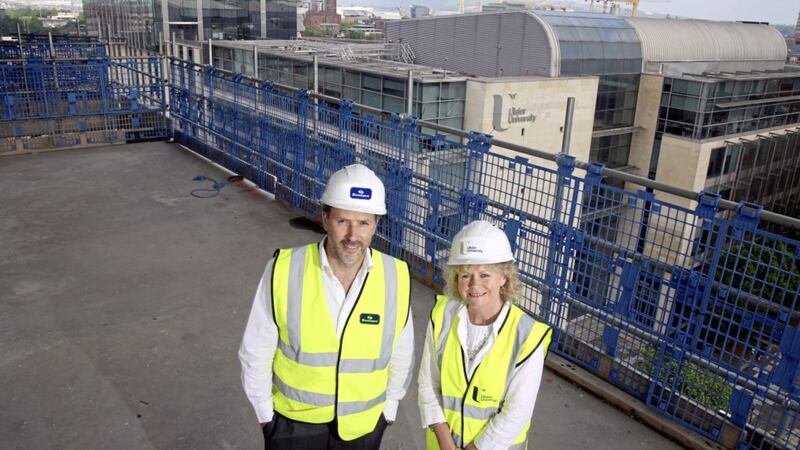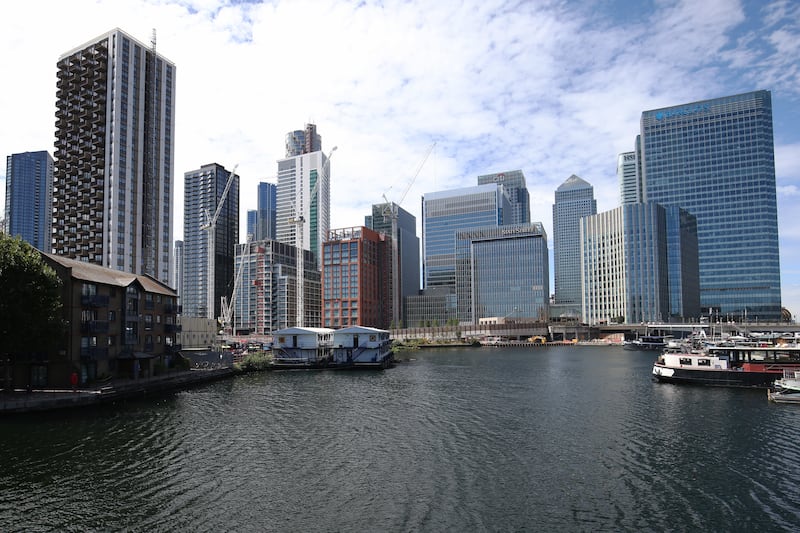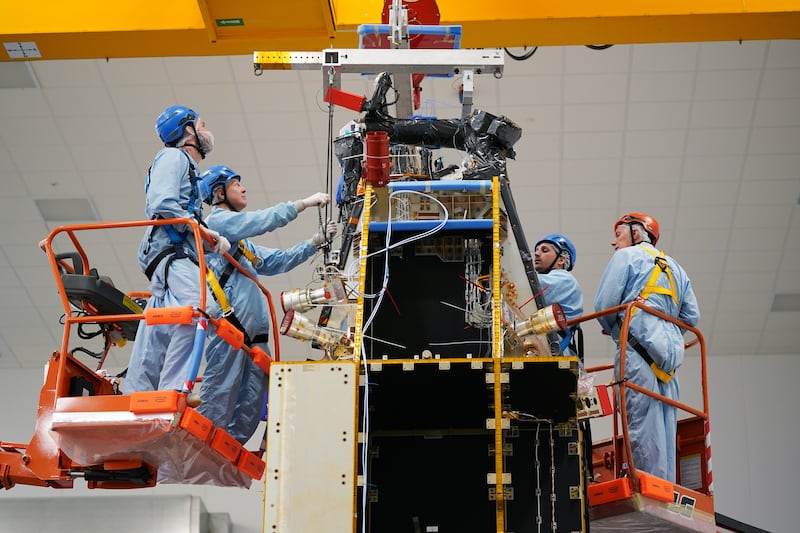NORTHERN Ireland is less than the school summer holidays away from snatching the ignominious honour of being the region in Europe without a functioning government for the longest continuous period (in 2010-11 Belgium was rudderless for 589 days).
Yet despite the Stormont Executive having been suspended for more than 18 months now, business continues to keep its head down and get on with things, a new report says.
Ulster Bank's latest closely-watched monthly PMI index, which tracks indicators such as new orders, employment and exports in the private sector, has found that business ended the second quarter of 2018 on a positive note, with sharper rises in output and new orders recorded.
But there's always a flip side, with further signs of increasing inflationary pressures while business confidence also dipped to its lowest for almost a year.
On the whole, the report says business activity posted its highest reading since February, signalling a sharp and accelerated monthly increase in output, with growth in Northern Ireland outpacing the UK average (this is attributed to the good weather and stronger market conditions).
These combined to support new order growth in June. And although employment continued to increase last month, the rate of job creation eased from May. Construction firms posted the fastest rise in staffing levels, while manufacturers increased employment for the first time in three months.
Richard Ramsey, Ulster Bank's chief economist in the north, said: “We were talking about how the Beast from the East adversely impacted on the Northern Ireland economy at the end of the first quarter. But the hottest June in more than 170 years seems to have had the opposite effect, providing a boost to local businesses.
“Overall business activity and new orders rose at their fastest rates in four months, with export orders growth remaining particularly strong, driven by demand from customers in the Republic of Ireland. Meanwhile, firms increased staff numbers for the 41st consecutive month."
He added: “Manufacturing is the main beneficiary of the buoyant export environment, with output growth accelerating to a 44-month high. Construction output accelerated sharply to a 45-month high, with the good weather a factor in high-levels of activity on building sites.
“Construction order books filled up at their fastest rate in 28-months, which bodes well for construction activity in the short-term. But in the longer-term, construction firms are concerned that the pipeline of work will begin to dry up in the absence of decision-making in government around capital investment."
Indeed June saw the resumption of work on the Ulster University’s new multi-million pound Belfast campus after a period when a contractual dispute led to workers downing tools.
The PMI report added that orders in the services and retail sectors were much less buoyant than in manufacturing and construction, and it hinted that skills shortages will remain prevalent into the months ahead.
But Mr Ramsey cautioned: “The one factor continuing to impact negatively across all sectors is inflation, which is rising faster in Northern Ireland than elsewhere in the UK.
"Indeed input cost inflation intensified in June, driven by higher wages, fuel cost increases and raw material price rises, and firms are passing these higher costs on to customers, meaning that they are raising the prices of their goods and services at the fastest rate in a decade."
He added: “Linked to this, firms here are less optimistic than businesses in any other UK region, which can also be attributed to factors including Brexit and, of course, the local political situation.”








